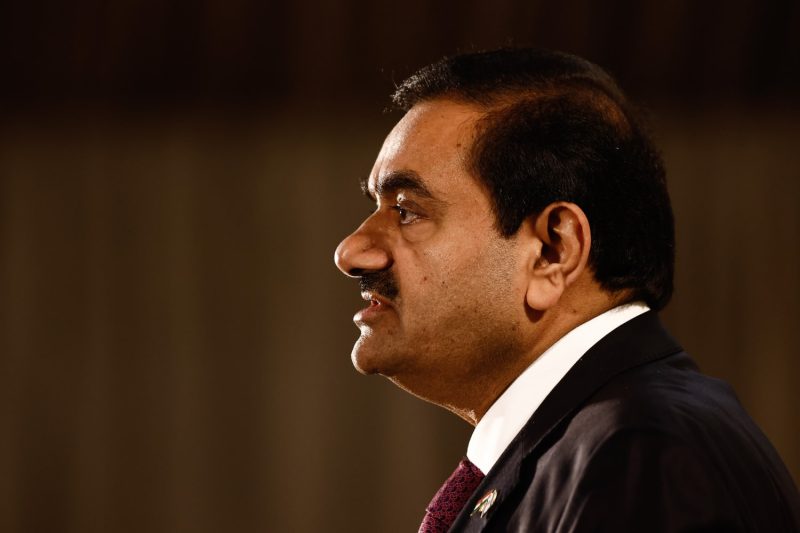In a recent turn of events, India’s second-wealthiest person, Gautam Adani, has found himself embroiled in a $250 million bribery scheme, charged by the United States. Adani, a prominent business tycoon with interests in various sectors including energy, infrastructure, and logistics, now faces serious legal repercussions for his alleged involvement in corrupt practices.
The charges brought against Adani by U.S. authorities shed light on the pervasive issue of corruption that often plagues the corporate world. Despite his stature as one of India’s most successful entrepreneurs, Adani’s reputation now faces significant scrutiny as the accusations against him unfold. This case serves as a stark reminder of the importance of ethical business practices and the severe consequences that can result from engaging in bribery and corruption.
The ramifications of Adani’s alleged actions extend beyond his personal reputation, impacting both his business empire and the broader Indian corporate landscape. Adani Group, a conglomerate with a diverse portfolio of businesses, could face challenges in maintaining its credibility and business relationships in the wake of these allegations. Moreover, the reputation of India’s business community as a whole may suffer due to the negative spotlight cast by this high-profile case.
The legal proceedings against Adani highlight the need for robust anti-corruption measures and stringent enforcement of ethical standards in the business world. Companies must prioritize transparency, integrity, and accountability in their operations to prevent instances of corruption and bribery. Regulatory bodies and law enforcement agencies play a crucial role in investigating and prosecuting instances of misconduct, sending a clear message that such behavior will not be tolerated.
Beyond the legal implications, the Adani case raises broader questions about the intersection of wealth, power, and ethical conduct in the modern business landscape. As individuals amass enormous fortunes and wield significant influence, the temptation to cut corners or engage in illicit activities can become all too prevalent. Leaders in the corporate world must set an example by adhering to high ethical standards and promoting a culture of integrity within their organizations.
Ultimately, the charges brought against Gautam Adani serve as a cautionary tale for business leaders everywhere. No amount of wealth or prominence can shield individuals from the consequences of unethical behavior. Upholding ethical standards, fostering transparency, and promoting a culture of integrity are essential components of sustainable business practices that benefit not only companies and their stakeholders but society as a whole. The outcome of this case will undoubtedly shape perceptions of corporate accountability and governance for years to come, emphasizing the importance of ethical leadership in a rapidly evolving global economy.
